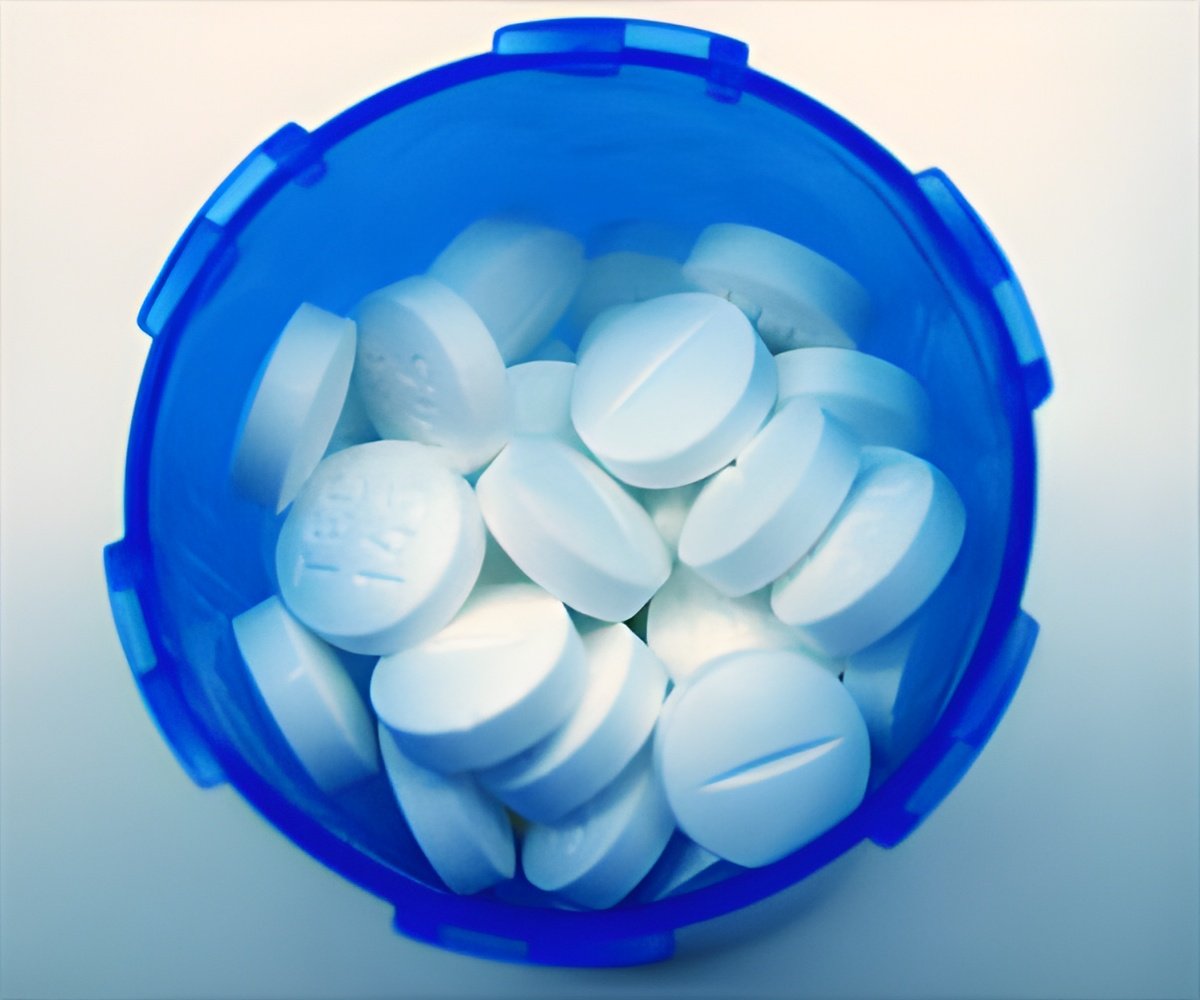EMA’s human medicines committee (CHMP) has recommended granting a marketing authorization in the European Union (EU) for Rybelsus (semaglutide) for treating diabetic patients to improve glycaemic control.

‘GLP-1 analogue Rybelsus or semaglutide, acts like incretin hormone GLP1. The oral form of the drug got marketing authorization after confirming it's safety and efficacy in eight clinical trials that included patients at various stages of the disease.’
Read More..




Type 2 diabetes is a disease in which the pancreas does not make enough insulin to control the level of glucose in the blood or when the body is unable to use insulin effectively. Most people with diabetes have this form of diabetes.Read More..
Possible complications of diabetes include heart attack, stroke, kidney failure, leg amputation, vision loss and nerve damage.
The active substance in Rybelsus, semaglutide, acts in the same way as the incretin hormone GLP1: it reduces blood glucose by stimulating pancreatic secretion of insulin and lowering the secretion of glucagon (a hormone that works to raise blood sugar concentration) when blood sugar is high.
The safety and efficacy of Rybelsus were studied in eight clinical trials that included patients at various stages of the disease. In three of these studies, Rybelsus was compared to a placebo. In the development program, it was either used on its own, added to the standard treatment or compared to an injection treatment of its same class (GLP-1 receptor agonist).
The most common side effects observed during the clinical trials were gastrointestinal side effects, such as nausea and diarrhoea. Hypoglycaemia may occur when used in combination with insulin or sulphonylurea.
Advertisement
Once a marketing authorisation has been granted, decisions about price and reimbursement will take place at the level of each Member State, taking into account the potential role/use of this medicine in the context of the national health system of that country.
Advertisement












